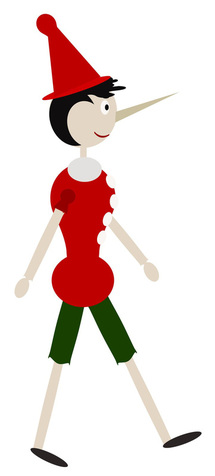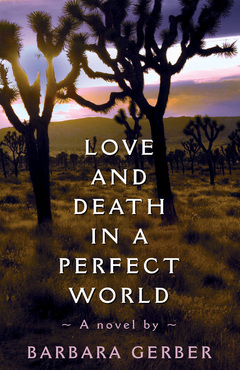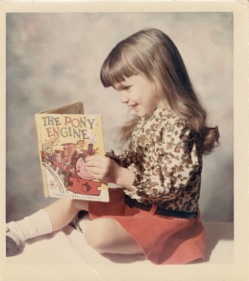 Talented and cantankerous English essayist William Hazlitt
Talented and cantankerous English essayist William Hazlitt Following is a long quotation from a long-winded man who lived long ago, the English essayist and critic William Hazlitt. The man was brilliant, prolific, multi-talented—and, according to historians, both cantankerous and undeappreciated. This passage is from his essay “On the Pleasure of Hating,” written in 1826 or thereabouts. The original is 4,763 words, so don’t get all grumpy about reading this 163-word quotation:
“Nature seems (the more we look into it) made up of antipathies: without something to hate, we should lose the very spring of thought and action. Life would turn to a stagnant pool, were it not ruffled by the jarring interests, the unruly passions, of men. The white streak in our own fortunes is brightened (or just rendered visible) by making all around it as dark as possible; so the rainbow paints its form upon the cloud. Is it pride? Is it envy? Is it the force of contrast? Is it weakness or malice? But so it is, that there is a secret affinity, a hankering after, evil in the human mind, and that it takes a perverse, but a fortunate delight in mischief, since it is a never-failing source of satisfaction. Pure good soon grows insipid, wants variety and spirit. Pain is a bittersweet, wants variety and spirit. Love turns, with a little indulgence, to indifference or disgust: hatred alone is immortal.”
Yes, the concept of hatred is more complex than Hazlitt’s musing, and it can be a devastating force in the world. I’m not trying to condone the terrible things human beings do to each other, nor the festering animosity that eats so many alive. I really do want world peace! All I’m trying to do is acknowledge that when we admonish ourselves to focus only on the positive, we just might lose our ability to actually appreciate the positive. Bazillions of poets and philosophers have noted that without darkness, we wouldn’t recognize light.
Which is all to say that I have compiled a list of things that I hate for a very important reason: I was in the mood to do so. Sure, it sounds negative, but that can be okay sometimes, a fact I have proven with Hazlitt’s quote and my own conclusive, airtight rationale above. (Hey, this is a goshdarned blog post, not a textbook on psychology, all right? Just let me air my little list here, okay? Is it gonna kill ya? I promise to write another blog someday on things I love, too. Fair enough?)
So here goes.
I HATE long drum solos, leaky roofs, flubby bacon, stupid books, hangovers, squash bugs, skin flaps, assault rifles, sticky countertops, zero bytes, stinky feet, cold ramen, Candyland, fire ants, snooty cats, acne scars, Budweiser, goat cheese, gifted liars, bra shopping, pack rats, chicken gooeys, varicose veins, milky skies, speed bumps, scratchy clothes, overdraft notices, muffin tops, parent-teacher conferences, white chocolate, reminding my mom of things she’s forgotten, dentist bills, food with tentacles, writing résumés, the accents on the word “résumés,” snow that melts by noon, the WTO, gritty salad, calling Verizon, when people remember my name and I can’t even remember their face, disobedient hair, bad breath, fracking, deadbeat dads, fast-tracks to sainthood, broken windows, wrong-way drivers, microwaved baby formula, austerity budgets, fake butter, deadbeat moms, sectarian violence, okra, the Koch brothers, burnt coffee, raw marshmallows, NAFTA, dried up cat food stuck to a plate, vomiting, food pictures on Facebook, rufies, backaches, the KKK, policies that keep people poor, twerking, stubborn gray roots, shag carpet, airplanes, crotch odors, funerals, dirty motels, the drug trade, lima beans, nosehair, ISIS, the songs “Under My Thumb” and “Run For Your Life,” plagiarism, gum stuck to carpet, brown tides, porn, glass coffee mugs, mosquitos, full ashtrays, boxing, menudo, mean dogs, scotch, aspartame, sticker residue, pissy cats, drivers who scream, living with slobs, flat tires, slasher movies, slow metabolisms, clogged toilets, Hallmark movies, know-it-alls, credit card debt, paper cuts, sloth, hard-water deposits, gabardine, reality TV, vinaigrette, missing a Seinfeld reference, cancer, appeal letters, Christmas trees on curbs in January, the Taliban, not being thanked, wasted leftovers, neck piercings, gang wars, grizzle, gophers, and when bad people win and good people lose.
Thanks for listening.
What do you hate? I’m listening…









 RSS Feed
RSS Feed
